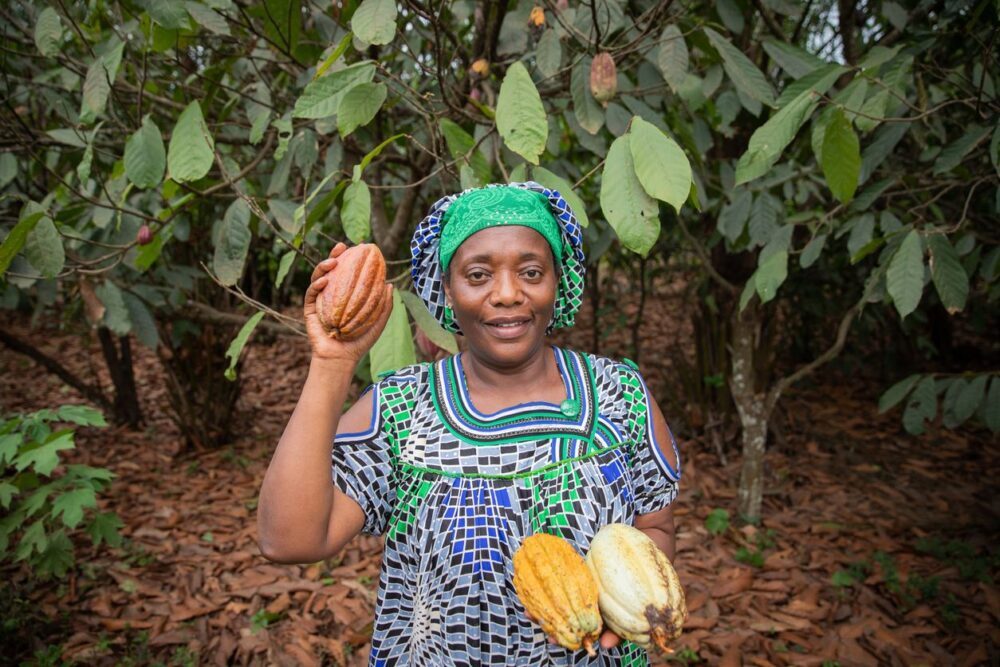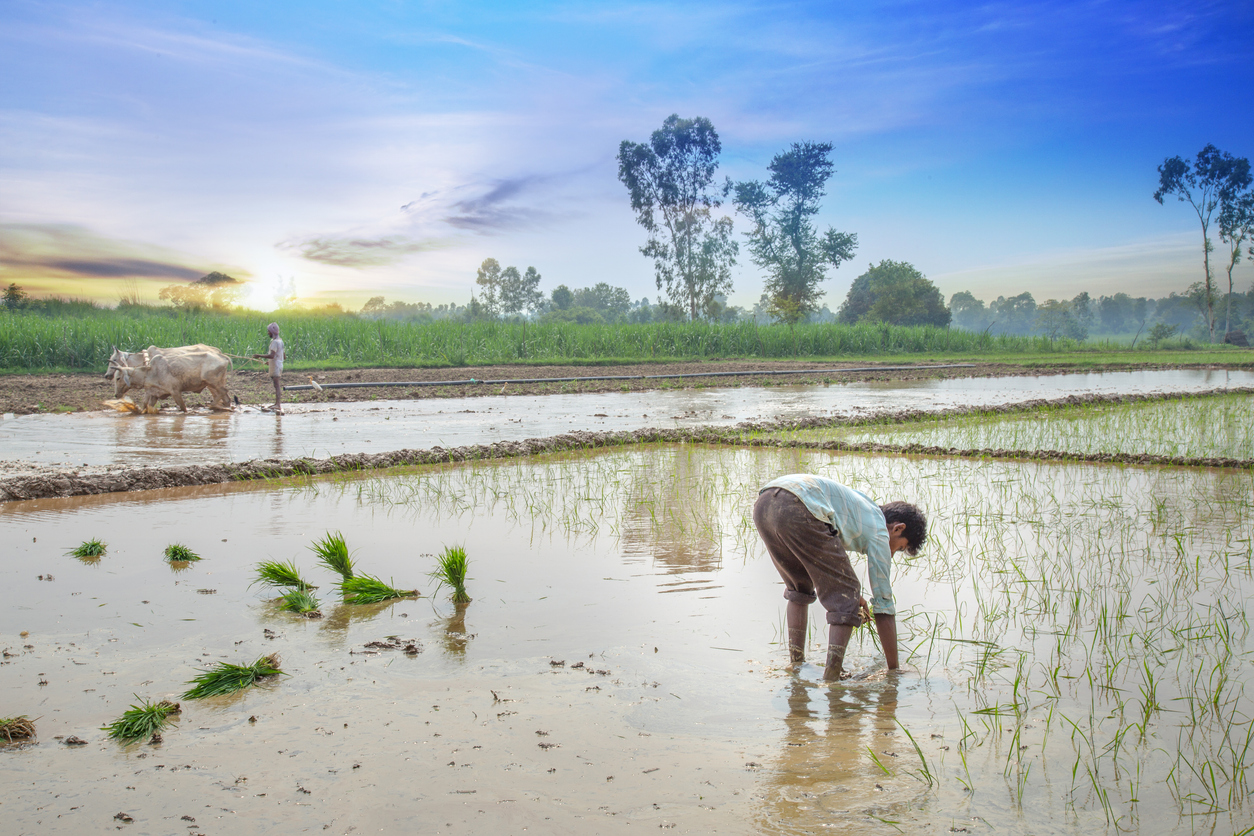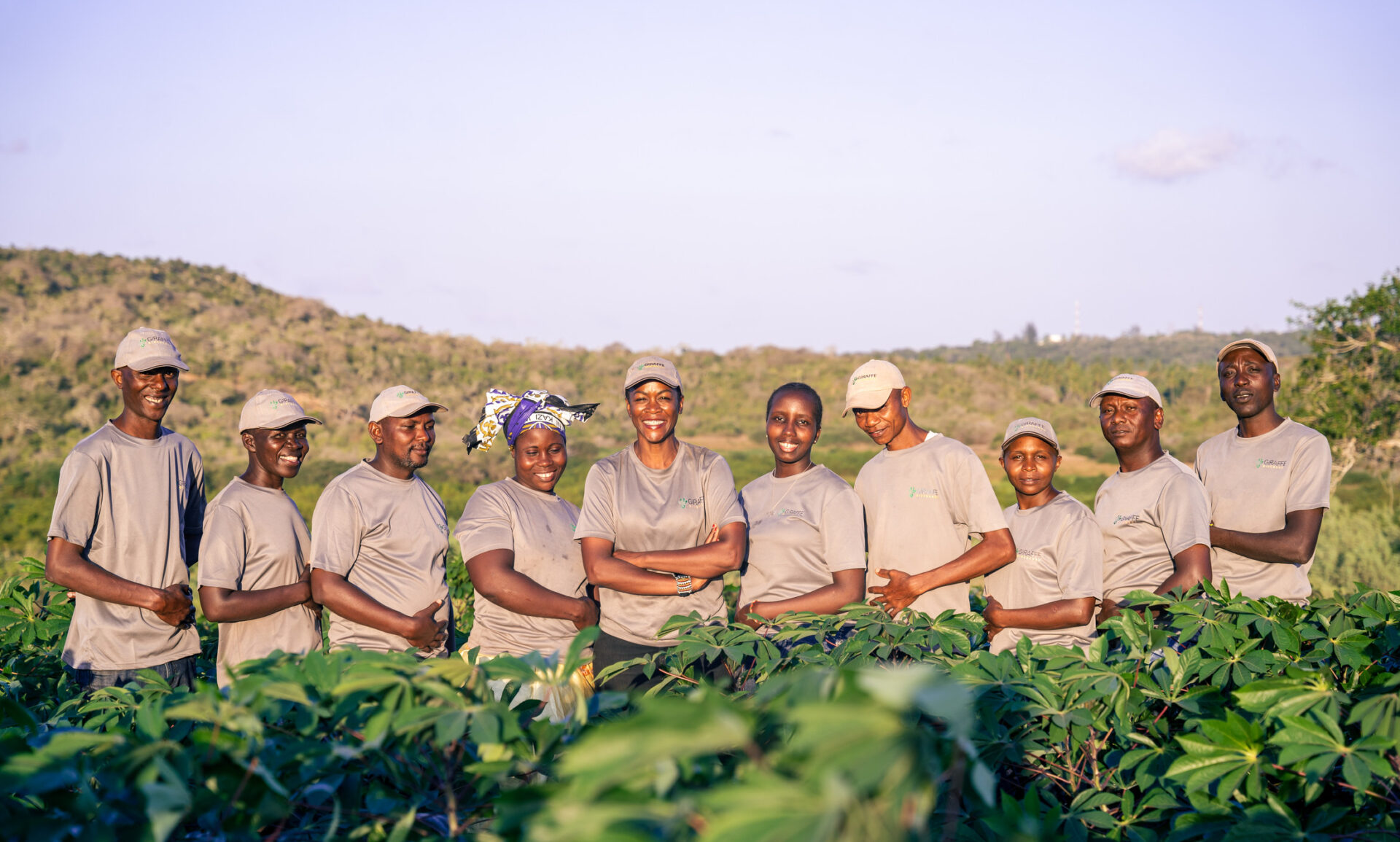For Africa, a continent where the dream of feeding herself was elusive even before climate change, the future of agriculture is rather uncertain.
“There’s a need for Africa to rethink her approach to agriculture,” Ambassador Gurjit Singh, Intellecap board chair, said recently during the 11th Sankalp Africa Summit 2024 held in Nairobi, Kenya.
He added that for African agriculture, the silver lining for the continent lies not in reinventing the wheel but learning from the experiences of other regions, particularly focusing on South-South collaboration.
India, for instance, offers vital lessons in the quest for food self sufficiency. Due to bold green revolution policies, the world’s most populous nation has in the span of a generation become an agricultural powerhouse feeding herself and leading in grain exports. Côte d’Ivoire, for example, imports 80% of rice from India.
India has also provided a staggering $12 billion in loans to 42 African nations, a third of which have gone to agricultural-related programs.
The fact that floods, droughts, heat waves and other weather extremes are making African agriculture increasingly precarious means that deeper collaborations with Global South peers can herald a paradigm shift in the continent’s agricultural landscape.

Fostering South-South collaboration
The Sankalp summit, hosted by Aavishkaar Group and Intellecap, is one of Africa’s largest gatherings on impact entrepreneurship and sustainable development. Held under the theme of “Empowering Africa’s Sustainable Entrepreneurship for Global Advancement,” this year’s event brought together over 1,500 stakeholders including policymakers, investors, innovators, ecosystem enablers among others.
More than 200 speakers anchored over 35 sessions sought to explore how collaboration can amplify the impact of African entrepreneurs on a global scale.
On the agricultural side, it was clear that Africa has largely failed to leverage the full potentials of the sector. One clear indication of this is government inaction on implementing the Maputo Declaration that calls for a 10% budgetary allocation to agriculture.
“Any agricultural revolution requires an active role by policymakers,” Siddharth Chaturvedi, senior program officer at the Bill & Melinda Gates Foundation, observed during the Sankalp event.
Granted, policymakers argue that dwindling resources amidst many competing needs are to blame for failure to allocate budget to the agriculture sector.
Considering that resources will continue to be a major challenge, experts at the summit reckoned that the private sector should take the lead in fostering a robust South-South collaboration to scale agricultural innovations that benefit smallholder farmers across Sub-Saharan Africa.

‘Good yields start with seeds’
Based on this idea of learning from peers, panelists at the event said tackling food insecurity in Africa will require investments into irrigation systems, diverse varieties of high-yielding seeds, widespread mechanization of agricultural practices, and climate smart technologies, in addition to access to funding. The continent must also address the challenge of aging farmers as well as leveraging the potential of land as an asset by enabling more women to become landowners.
Consider the need for quality and diverse varieties suitable for different climatic conditions. In African agriculture, the issue has been overlooked, said Sharon Kinyanjui, director at Everest Enterprises, a Kenyan firm that collaborates with smallholder farmers aggregating their produce for export to markets across Europe and the Middle East.
She added that by contrast, these seeds have been a holy grail of India’s green revolution. India, for example, boasts over 250 varieties of rice, while Kenya has less than 100.
“Good yields start with seeds. Through South-South collaboration we can learn on how to improve seed production,” she said.

‘We need to look at what works and invest in that’
Though most countries in Africa are witnessing the sprouting of a bustling innovative agriculture ecosystem akin to other Global South nations like India, Indonesia, Brazil and Mexico, the diverging point is on attracting financing.
Data by London-based market insights provider Briter Bridges indicate that Africa attracted $1.4 billion in agritech funding over the past decade and will require $1.8 billion in investments in the coming decade. This is a drop in the ocean considering that in 2022 alone, India was able to attract $2.4 billion despite that number being a 33% year-on-year decline.
“Africa’s agritech startups are attracting a mix of debt, grants and equity but the tickets remain quite small,” said David Saunders, director of strategy and growth at Briter Bridges, adding that only a few firms have the capacity to absorb in excess of $5 million.
The fact that a majority of startups cannot absorb high value tickets means that investors in Africa’s agricultural sector should stop looking at novelty, which is a common trend in more advanced Global South nations.
“We need to look at what works and invest in that,” observed Chaturvedi.
Kenya-based Giraffe Bioenergy offers a good case study on what works. Working exclusively with women, the startup is demonstrating that cassava, which has been relegated to a poor man’s crop, can be a catalyst for food security and tackling rural poverty.
The startup has brought together 120 women who are cultivating the drought-resistant crop on some 300 hectares, leading to the establishment of a local manufacturing of ethanol cooking fuel.
The impact has not only been arresting deforestation but also utilization of semi-arid and non-fertile land in areas with unreliable rains that are prone to drought and are therefore not suitable for food production.
“Commercial cassava farming provides rural communities, especially women, with opportunities for income generation,” stated Linda Davis, Giraffe Bioenergy Founder and CEO.
She added the startup is in the process of fundraising to scale up production targeting 3,000 hectares that will enable it build 45 million litres of ethanol cooking fuel capacity by 2028. This will also enable the firm increase the incomes of 5,000 smallholder farmers, mainly women, and improve food security for 20,000 members of the community.




